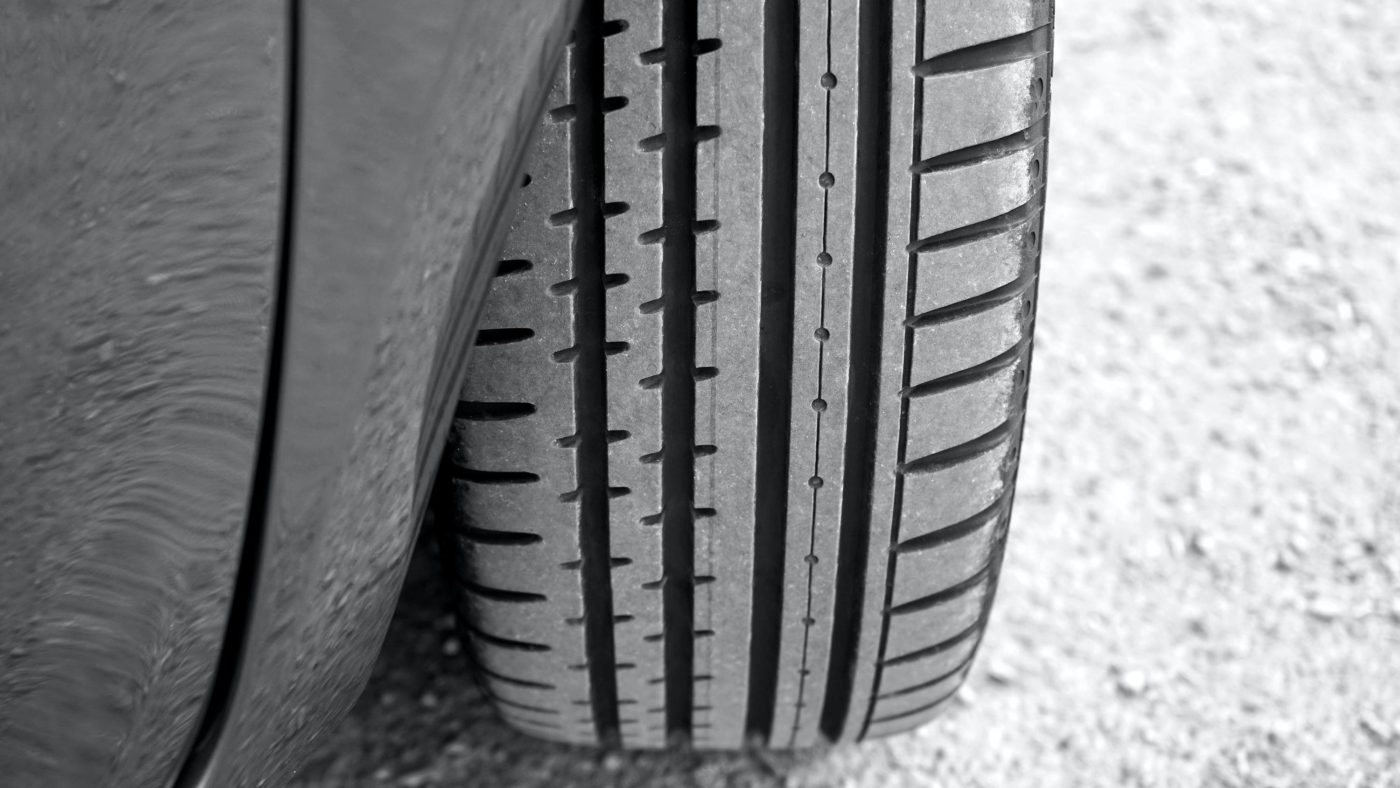Your car’s safety largely depends on the reliability of its tires. As the part of your car that makes direct contact with the road, it’s essential that you keep them in top condition. Driving a vehicle with bad tires increases your risk of having an accident, posing a major hazard to you and other motorists.
When shopping for new, cheap tires, many people are concerned with finding a reasonably priced option. Quality and safety standards may vary among low-priced models, so it’s important to do some research before making a decision.
Some tires may have deep treads and be made from good materials, while others may use low-grade rubber and have shallow tread depths. You should always be sure to check the ratings and reviews of the tires you are considering and make sure that the tires are compatible with your vehicle.
What to Consider When Buying Tires
If you want to get the most value for your money, it’s important to consider some key factors when buying tires:
Quality
The quality of tires depends on the materials used in their construction, which must be strong and durable enough to last for many miles. Hard rubber compounds and a reinforced inner liner are some of the features that indicate higher quality, while weak materials are indicative of low-quality tires.
Tread Depth
Tire treads provide the necessary grip on the road surface, so it’s important to ensure the treads on your tires are appropriate for how you drive. The deeper the tread, the better grip you’ll have. Inadequate tread can cause a slip and lead to an accident.
Performance
The performance of your tires directly affects the handling of your vehicle. If you’re looking for tires with better performance, then it’s best to go for higher-priced models, as they are usually designed with advanced features. Low-cost tires may lack these features and, consequently, don’t perform as well.
The speed rating is an important performance metric to consider. If your tires are rated too low for your vehicle, then you may experience poor handling at higher speeds, which can be dangerous.
Warranty
Most low-cost tires come with minimal warranties, usually between one and three years. Higher-priced tires, on the other hand, usually come with longer warranties up to five or six years.
Reviews
Reading reviews from previous customers is an excellent way better to understand the quality and safety of different tire models. These reviews can provide valuable insights into a particular tire’s performance, durability, and handling. Some of the popular review sites include Consumer Reports and Tire Rack, where you’ll be able to find plenty of helpful information about the tires you are considering and make a more informed decision.
Tire Life
The tires’ lifespan will impact the overall cost of ownership. Manufacturers always list the lifetime of their tires in terms of miles, and it usually reveals the period within which the treads are usable. Before buying tires, consider checking their average life if your main interest is longevity.
Type of Tire
There are various types of tires, including summer tires, all-season tires, and winter tires. Each type of tire is designed for different seasons and road conditions, so you should be able to get the right type for your vehicle and the area where you live and drive.
If you are wondering whether summer tires are cheaper than all-season tires, they are generally slightly cheaper because they are designed specifically for better grip in hot weather and not all driving conditions.
In Summary
Buying tires doesn’t have to be difficult if you know what to look for in terms of quality and performance. Always research before purchasing, read previous customer reviews, and compare prices to get the best value for your money. This way, you’ll be able to know if cheap tires are worth it. Be sure to always buy tires that meet the requirements of your vehicle and the road conditions you’ll be driving in.


